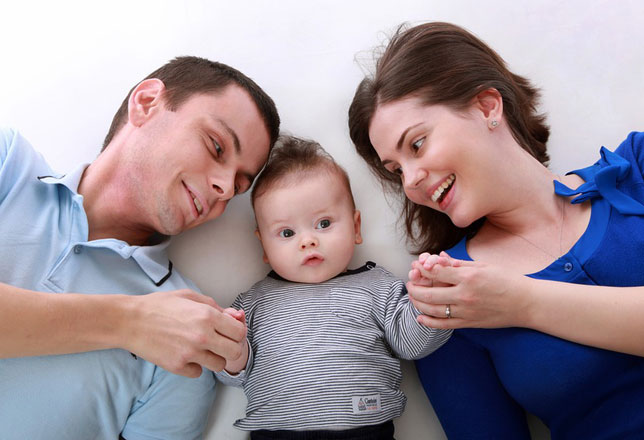This guest post is by Maxine Chalker, founder of Adoptions From The Heart and an adoptee.
November is National Adoption Awareness Month, which means that advocacy groups across the country have stepped up their community outreach.
Organizations from the Dave Thomas Foundation to the US Children’s Bureau are working extra hard to celebrate the beautiful families built through adoption and get more people who may never have considered adopting to begin thinking about it.
It’s just one month out of the year, but for those of us in the adoption community, it feels like a big deal.

Adoption Tax Credit Will Survive Tax Reform Efforts
So what does our Congress have in store for this month of celebration? Saving the adoption tax credit, a financial break that makes adoption a viable choice for thousands of middle-class families every year.
GOP lawmakers are busy trying to reform the American tax system, crafting bills that would lower the corporate tax rate by 15% and double the standard deduction that nearly 70% taxpayers take at the end of each year.
But to offset these reductions in tax revenue, legislators have proposed eliminating a host of deductions and tax credits, including the one that allows new adoptive families to reduce their tax liability by over $13,000.
Thankfully, we can now say that the adoption tax credit is here to stay.
On November 9, 2017, CNN Money reported that both the House and Senate versions of tax reform currently being considered will retain the adoption tax credit, despite an initial House-drafted bill that slashed it.
The Adoption Tax Credit Is Good For Children & Families
The adoption tax credit is an undeniably good idea.
Every year, over 100,000 children wait for adoptive families in the foster care system.
Thousands more will be born to women who have made the courageous choice to create an adoption plan and provide their children with a supportive home.
The adoption tax credit, in a very real sense, helps find loving homes for these children.
Adoption is expensive. The cost to adoptive families, according to financial advisor and adoptive mother Jennifer Myers at The Hill, can range from $20,000 to $50,000.
There’s good evidence that this expense dissuades numerous prospective adoptive parents from actually adopting.
When only upper middle class or rich people can adopt, you’ve got a real problem on your hands.
In 1981, Congress noticed this problem and acted. That year, lawmakers granted new adoptive families a $1,000 tax refund, hoping to make the prospect of raising a child easier on prospective adoptive parents.
By 2016, the adoption tax credit, which is now used to discount a family’s earnings for tax purposes, had grown to $13,460.
The adoption tax credit can be used to offset the fees paid to an adoption agency, legal fees owed to an adoption attorney, travel necessary for the adoption and even the cost of a home study.
It Also Helps The Country
The tax credit isn’t just good for adoptive families and children. It’s also good for the American government and taxpayers at-large.
As the Deseret News notes, a number of studies have found that, for every $1 in tax revenue lost through the adoption tax credit, federal and state governments save $9 in social services that would have to be provided to children.
In 2012, President Barack Obama signed the American Taxpayer Relief Act, extending tax deductions that encouraged adoption and making the adoption tax credit a permanent feature of the US tax code.
The credit has already helped build thousands of wonderful families. And, whatever Congress decides to do with our tax system, it looks like the adoption tax credit will continue to help families for years to come. Happy National Adoption Month everyone.
Maxine Chalker, MSW / LSW is the Founder and Executive Director of Adoptions From The Heart. Her goal is to give adoption a new face by promoting open adoption and taking some of the mystery out of the adoption process.
Do you have an open adoption story? Email us any time or find out more about how to share it with our community.
Help us remove the stigma surrounding open adoption. Like us on Facebook.
